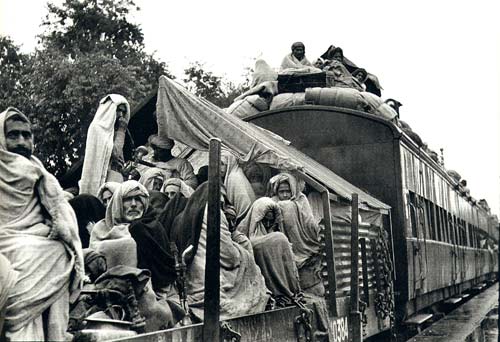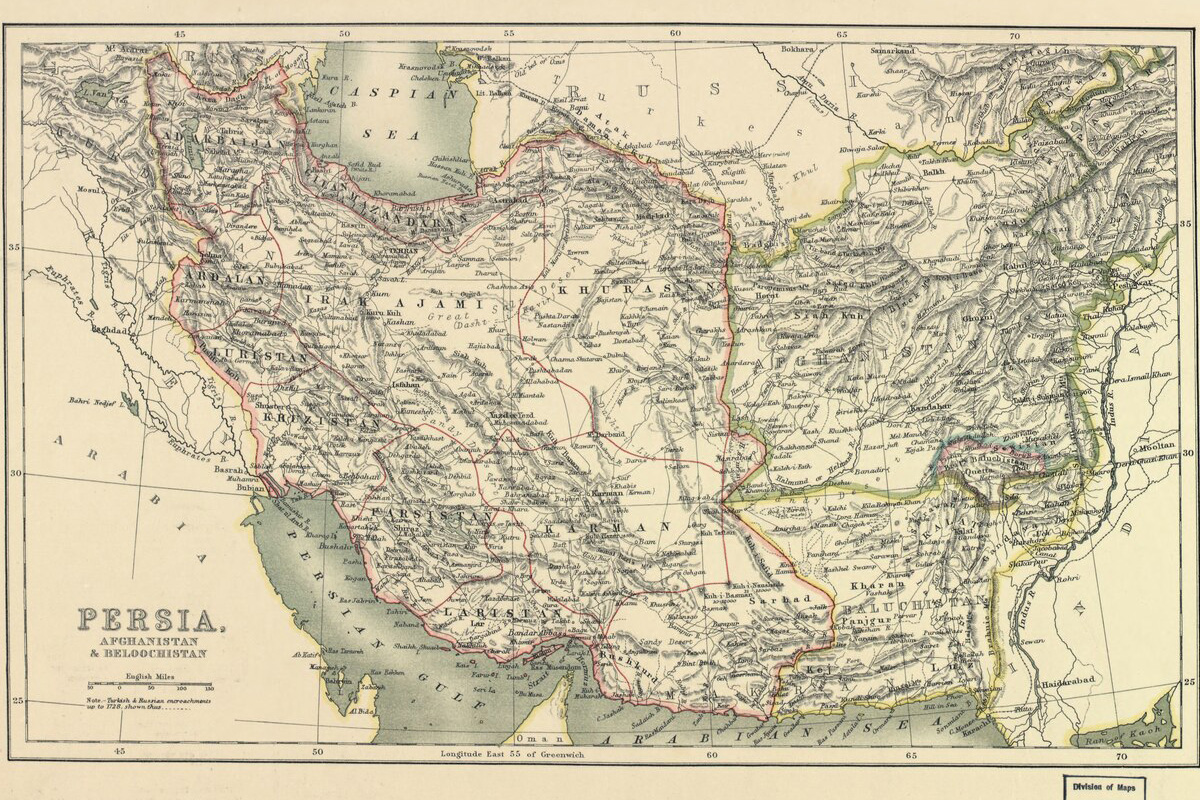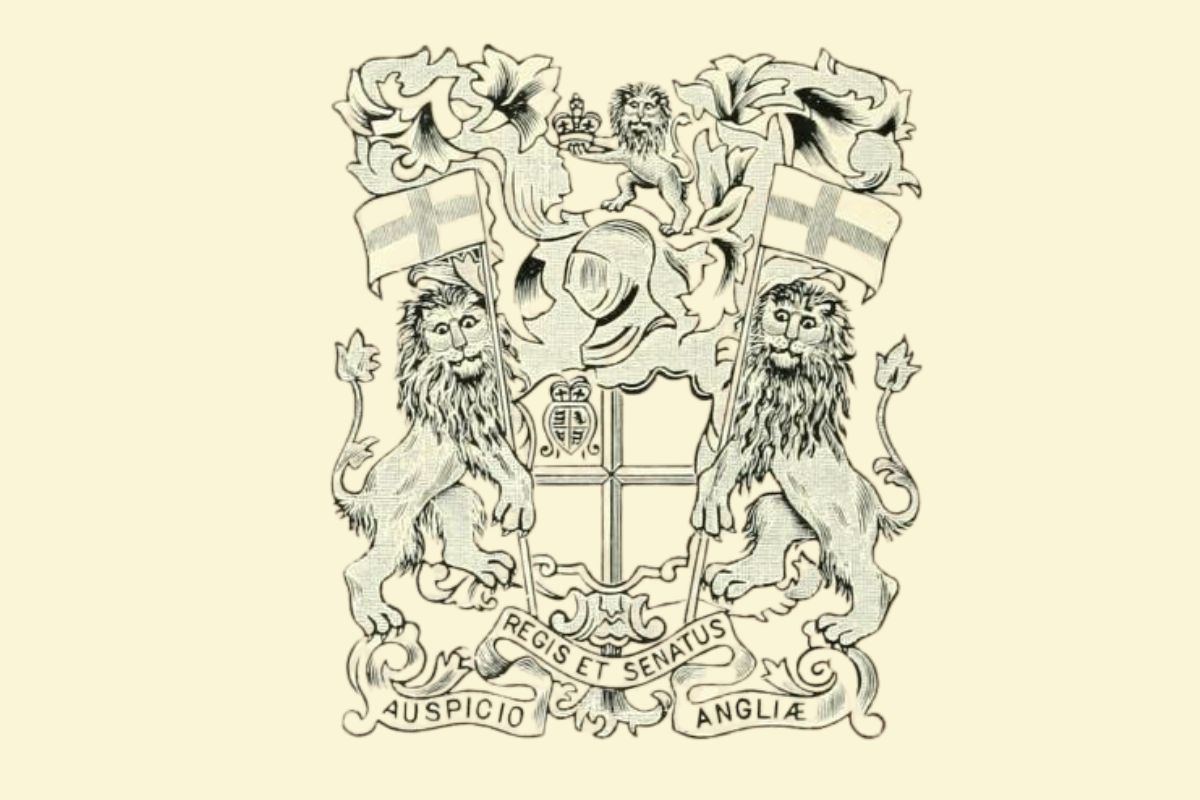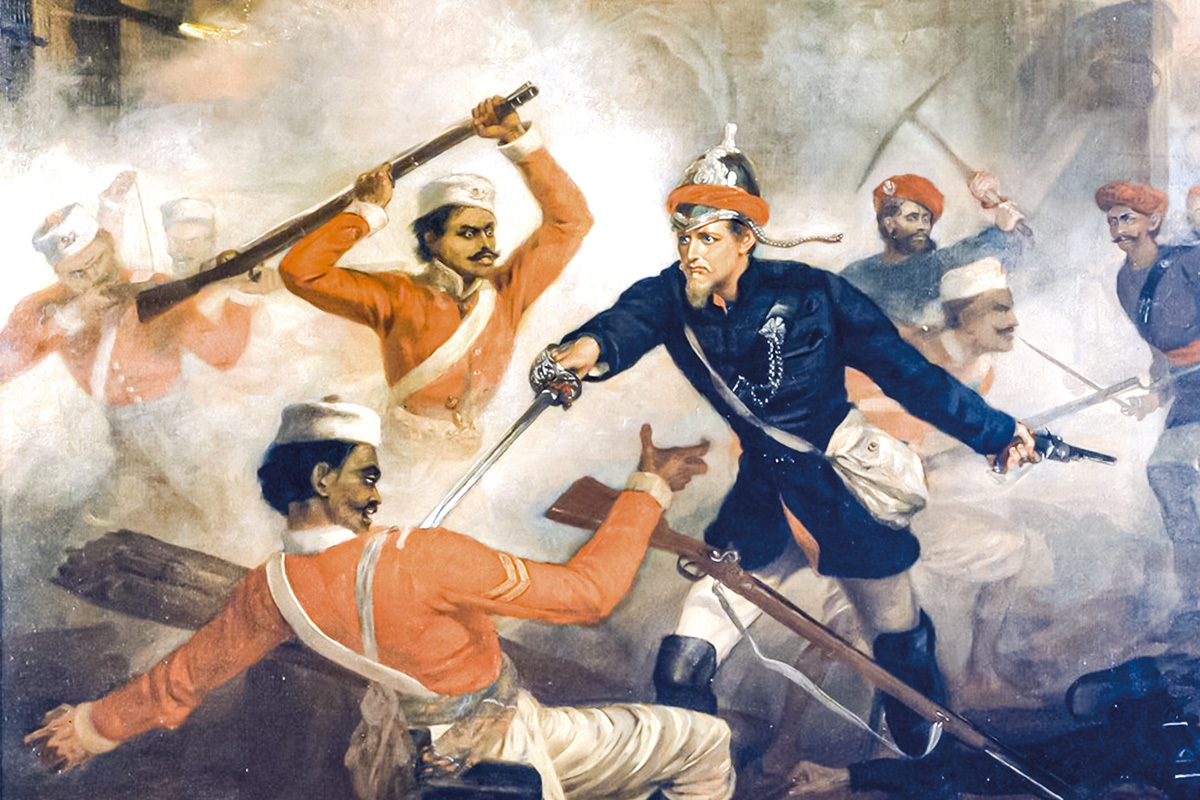The profound hypocrisy and inherent barbarism of bourgeois
civilization lies unveiled before our eyes, turning from its home, where it
assumes respectable forms, to the colonies, where it goes naked…..The Indians
will not reap the fruits of the new elements of society scattered among them by
the British bourgeoisie, till in Great Britain itself the now ruling classes
shall have been supplanted by the industrial proletariat, or till the Hindus
themselves shall have grown strong enough to throw off the English yoke
altogether. Karl Marx: "The Future Results of
British Rule in India" New-York Daily Tribune, August 8, 1853
There is no end to the violence and plunder which is called
British rule in India. Lenin: "Inflammable material in
world politics", 1908
In order to understand the partition of the sub-continent
and the terrible conditions it had to face it is necessary to identify the role
of imperialism in India and cover certain historical ground. For our present
purpose we are not concerned to follow in any detail the chronicle of British
rule in India, which would require a separate volume. We are concerned to bring
out some of the decisive forces of development which underlie the present
situation and its problem.
The burning question today is the present oppression and the
path of liberation. We are only concerned with the past in order to bring to
light the dynamic forces which still live in the present. The first to bring
this dynamic approach to Indian history, to turn the floodlight of scientific
method on to the social driving forces of Indian development both before and
after British rule, and lay bare alike the destructive role of British rule in
India and its regenerative or revolutionizing significance for the future, was
the founder of modern socialism, Karl Marx.
Marx’s well known articles on India, written in a series in
1853, are among the most fertile of his writings, and the starting point of
modern thought on the question of imperialism. Marx’s writing show the
distinctive problems of Asiatic economy, especially in India and China, the
effects of the impact of European capitalism upon it, and the conclusion to be
drawn for the future development as well as for the emancipation of the Indian
people. This close attention is given by some fifty references to India in
"Capital", and the many references in the Marx-Engels correspondence.
Marx’s analysis starts from the characteristics of "Asiatic
economy", which the impact of capitalism for the first time overthrew. "The key
to the whole East, is the absence of private property in Land", wrote Engels to
Marx in June 1853. The absence of private property in land is not originally
different from the primitive starting-point of European economy; the difference
lies in the subsequent development. Why, then did primitive communism in the
East not develop to landed property and feudalism, as in the West?
Climate
Engels suggests that the answer is to be found in the
climatic and geographical conditions: "How comes it that the Orientals did not
reach to landed property or feudalism? I think the reason lies principally in
the climate, combined with the conditions of the soil, especially the great
desert stretches which reach from the Sahara right through Arabia, Persia,
India and Tartary to the highest Asiatic uplands. Artificial irrigation is here
the first conditions of cultivation, and this is the concern either of the
communes, the Provinces or the Central Government" (Engels, letter to Marx,
June 6, 1853).
The conditions of cultivation were not compatible with
private property in land, and so arose the typical "Asiatic economy" of the remains
of primitive communism in the village system below, and the despotic central
government above, in charge of irrigation and public works, alongside war and
plunder. The understanding of the village system is thus the key to the
understanding of India. The classic description of the village system is
contained in "Capital":
"Those small and extremely ancient Indian communities, some
of which have continued down to this day, are based on possession in common of
the land, on the blending of agriculture and handicrafts, and on an unalterable
division of labour, which serves, whenever a new community is started, as a
plan and scheme ready cut and dried. Occupying areas of from 100 up to several
thousand acres, each forms a compact whole producing all it requires. The chief
part of the products is destined for direct use by the community itself, and
does not take the form of a commodity. Hence, production here is independent of
that division of labour brought about, in Indian society as a whole, by means
of the exchange of commodities. It is the surplus alone that becomes a
commodity, and a portion of even that, not until it has reached the hands of
the State, into whose hands from time immemorial a certain quantity of these
products has found its way in the shape of rent in kind. The constitution of
these communities varies in different parts of India…
‘This dozen of individuals is maintained at the expense of
the whole community. If the population increases, a new community is founded,
on the pattern of the old one, on unoccupied land. The whole mechanism
discloses a systematic division of labour; but a division like that in
manufactures is impossible, since the smith and the carpenter, & Co, find
an unchanging market, and at the most there occur, according to the sizes of
the villages, two or three of each, instead of one. The law that regulates the
division of labour in the community acts with the irresistible authority of a
law of Nature, at the same time that each individual artificer, the smith, the
carpenter, and so on, conducts in his workshop all the operations of his
handicraft in the traditional way, but independently, and without recognising
any authority over him. The simplicity of the organisation for production in
these self-sufficing communities that constantly reproduce themselves in the
same form, and when accidentally destroyed, spring up again on the spot and
with the same name this simplicity supplies the key to the secret of the
unchangeableness of Asiatic societies, an unchangeableness in such striking
contrast with the constant dissolution and refounding of Asiatic States, and
the never-ceasing changes of dynasty. The structure of the economic elements of
society remains untouched by the storm-clouds of the political sky". (Capital,
Vol 1, ch14, sec 4)
This is the traditional Indian economy which was shattered
in its foundations by the onset of foreign capitalism, represented by British
rule. Herein the British conquest differed from every previous conquest, in
that, while the previous foreign conquerors left untouched the economic basis
and eventually grew into its structure, the British conquest shattered that
basis and remained a foreign force, acting from outside and withdrawing its
tribute outside. Herein also the victory of foreign capitalism in India
differed from victory of capitalism in Europe, in that the destructive process
was not accompanied by any corresponding growth of new forces.
"All the civil wars, invasions, revolutions, conquests,
famines, strangely complex, rapid, and destructive as the successive action in
Hindostan may appear, did not go deeper than its surface. England has broken
down the entire framework of Indian society, without any symptoms of
reconstitution yet appearing. This loss of his old world, with no gain of a new
one, imparts a particular kind of melancholy to the present misery of the
Hindoo, and separates Hindostan, ruled by Britain, from all its ancient
traditions, and from the whole of its past history" (Marx "The British Rule in India", New-York Daily Tribune, June
25, 1853)
Destructive role
Marx traced with careful attention, distinguishing between
the earlier period of the monopoly of the East India Company up to 1813, and
the later period, after 1813, when the monopoly was broken and the invasion of
industrial capitalist manufactures overran India and completed the work. In the
earlier period the initial steps of destruction were accomplished:
1) By the East India Company’s colossal direct plunder. The
treasures transported from India to England were gained much less by the
comparatively insignificant commerce, than by the direct exploitation of that
country and by the colossal fortunes extorted and transmitted to England;
2) By the neglect of irrigation and public works, which now
allowed to fall into neglect;
3) By the introduction of English land system, private
property in land, with sale and alienation, and the whole English criminal
code;
4) By the direct prohibition or heavy duties on the import
of Indian manufactures, first into England, and later also Europe.
All this did not give the final blow. That came with the era
of nineteenth century capitalism. It was only after 1813, with the invasion of
English industrial manufactures, that the decisive wrecking of the Indian
economic structures took place. The effect of this wrecking during the first
half of the nineteenth century Marx traced with formidable facts.
Between 1780 and 1850 the total British exports to India
rose from £386,152 to £8,024,000; while the cotton manufacture in 1850 for which
the Indian market provided one-fourth of the foreign markets, employed
one-eighth of the population of Britain and contributed one-twelfth of the
whole national revenue.
"From 1818 to 1836 the export of twist from Great Britain to
India rose in the proportion of 1 to 5,200. In 1824 the export of British
muslins to India hardly amounted to 1,000,000 yards, while in 1837 it surpassed
64,000,000 of yards. But at the same time the population of Dacca decreased
from 150,000 inhabitants to 20,000. This decline of Indian towns celebrated for
their fabrics was by no means the worst consequence. British steam and science
uprooted, over the whole surface of Hindostan, the union between agriculture
and manufacturing industry". (Marx, The British Rule of India-in the New-York
Daily Tribune, June 25, 1853).
The handloom and spinning wheel were the pivots of the old
Indian society. The village system was based on agricultural union. British
capitalism not only destroyed the old manufacturing towns, driving their population
to the crowded village, but destroyed the balance of economic life in villages.
From this arose the desperate overpressure on agriculture. At the same time the
merciless extraction of the maximum revenue from the cultivators, without
giving any return for necessary expansion and works prevented agricultural
development.
Does Marx shed tears over the fall of the village system and
the destruction of the old basis of Indian society? Marx saw the infinite
suffering caused by the bourgeois social revolution, as in every country, and
all the greater in India on account of its being carried through under such
conditions. But he saw also the deeply reactionary character of that village
system and the indispensable necessity of its destruction if mankind is to
advance. Marx’s words lose none of their force today for those who, in India as
in Europe, seek to fight British rule by appealing for the revival of the
vanished pre-British India of the spinning wheel and the handloom.
"Now, sickening as it must be to human feeling to witness
those myriads of industrious patriarchal and inoffensive social organizations
disorganized and dissolved into their units, thrown into a sea of woes, and
their individual members losing at the same time their ancient form of civilization,
and their hereditary means of subsistence, we must not forget that these
idyllic village-communities, inoffensive though they may appear, had always
been the solid foundation of Oriental despotism, that they restrained the human
mind within the smallest possible compass, making it the unresisting tool of
superstition, enslaving it beneath traditional rules, depriving it of all
grandeur and historical energies.
"We must not forget the barbarian egotism which,
concentrating on some miserable patch of land, had quietly witnessed the ruin
of empires, the perpetration of unspeakable cruelties, the massacre of the
population of large towns, with no other consideration bestowed upon them than
on natural events, itself the helpless prey of any aggressor who deigned to
notice it at all. We must not forget that this undignified, stagnatory, and
vegetative life, that this passive sort of existence evoked on the other part,
in contradistinction, wild, aimless, unbounded forces of destruction and
rendered murder itself a religious rite in Hindostan. We must not forget that
these little communities were contaminated by distinctions of caste and by
slavery, that they subjugated man to external circumstances instead of
elevating man the sovereign of circumstances, that they transformed a
self-developing social state into never changing natural destiny, and thus
brought about a brutalizing worship of nature, exhibiting its degradation in
the fact that man, the sovereign of nature, fell down on his knees in adoration
of Kanuman, the monkey, and Sabbala, the cow".
"England, it is true, in causing a social revolution in
Hindostan, was actuated only by the vilest interests, and was stupid in her
manner of enforcing them. But that is not the question. The question is, can mankind
fulfil its destiny without a fundamental revolution in the social state of
Asia? If not, whatever may have been the crimes of England she was the
unconscious tool of history in bringing about that revolution" (Marx-The
British Rule in India, New-York Daily Tribune, June 25, 1853).
British Rule in India
England in Marx’s view had a double mission in India. One,
destructive, the other regenerating-the annihilation of the old Asiatic
society, and the laying of the material foundations of western society in Asia.
So far the destructive side had been mainly visible; nevertheless the work of
regeneration had begun.
Wherein did Marx see the beginning of such regeneration? He
gives numerous indications: political unity…more consolidated and extending
further than ever it did under the Mogul rule and destined to be strengthened
and perpetuated by the electric telegraph; Strengthening of the British
military control; free press, introduced for the first time into the Asiatic
society; the establishment of the private property in land – the great
desideratum of the Asiatic society; building up, however reluctantly and
sparingly, of an educated Indian class imbued with European science; regular
and rapid communication with Europe through Steam transport.
More important than all these was the inevitable consequence
of industrial capitalist exploitation of India. In order to develop the Indian
market, it was essential to secure the transformation of India into a
reproductive country–that is the source of raw materials to be exported in
order for the imported manufactured goods. This made necessary the development
of railways, roads and irrigation. This new phase was only beginning at the
time when Marx wrote. From the consequences of this new development Marx made the
prophecy which is the most famous of his declaration on India:
"Know that the English millocracy intend to endow India with
railways with the exclusive view of extracting at diminished expenses the
cotton and other raw materials for their manufactures. But when you have once
introduced machinery into the locomotion of a country, which possesses iron and
coals, you are unable to withhold it from its fabrication. You cannot maintain
a net of railways over an immense country without introducing all those industrial
processes necessary to meet the immediate and current wants of railway
locomotion, and out of which there must grow the application of machinery to
those branches of industry not immediately connected with railways. The
railway-system will therefore become, in India, truly the forerunner of modern
industry….. Modern industry, resulting from the railway system, will dissolve
the hereditary divisions of labour, upon which rest the Indian castes, those
decisive impediments to Indian progress and Indian power." (Marx, The Future
Results of British Rule in India, New-York Daily Tribune, August 8, 1853).
Does this mean that Marx saw imperialism in India as a
progressive force capable of emancipating the Indian people and carrying them
forward along the path of social progress? On the contrary. He made clear that
imperialism was laying down the material conditions for new advance. But that
new advance could only be realised by the Indian people themselves on
conditions that they won liberation from imperialist rule, either by their own
successful revolt, or by the victory of the industrial working class in
Britain, carrying with it the liberation of the Indian people. Until then, all
material achievements of imperialism in India could bring no benefit or improvement
of conditions to the Indian people.
Marx’s analysis of the Indian situation up to the middle of
the nineteenth century turns on three factors:
1) The destructive role of the British rule in India,
uprooting the old society;
2) The regenerative role of British rule in India in the
period of free-trade capitalism, laying down the material premises for the
future new society
3) The consequent practical conclusion of the necessity of a
political transformation whereby the Indian people should free themselves from
imperialist rule in order to build the new society.
Today imperialism all over the world has outlived its
objectively progressive role, corresponding to the role of capitalism, and has
become the most powerful reactionary force in the Indian sub-continent,
strengthening all the other forms of Indian reaction. The stage has thus been
reached when the task of the political transformation indicated by Marx is
directly on the order of the day.
See also: The Crime of Partition – part 2






